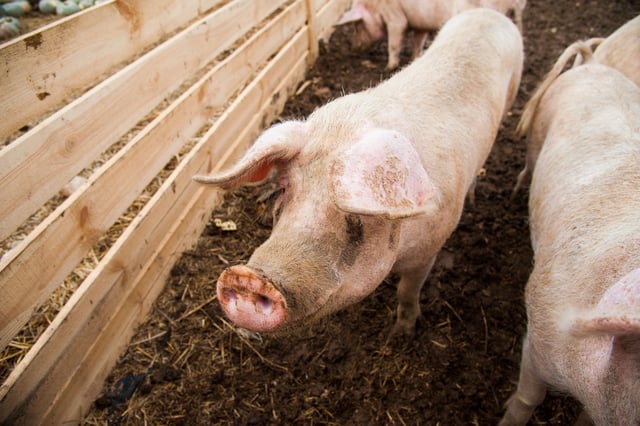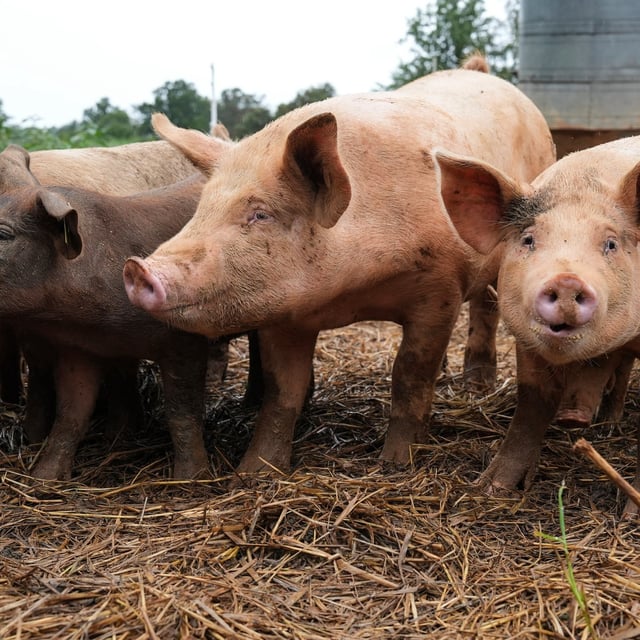Overview
- Chinese researchers reported the procedure in Nature Medicine on August 25, documenting the first pig-to-human lung xenotransplant.
- Surgeons implanted a left lung from a Bama Xiang pig engineered with six genetic modifications into a 39-year-old brain-dead man.
- The graft avoided hyperacute rejection and early infection but showed fluid buildup and inflammation within 24 hours, with antibody-mediated injury emerging by day three and progressing over nine days.
- Experts noted that the patient’s remaining native lung likely compensated for the porcine lung and that brain death–related inflammation complicates interpretation of graft performance.
- The experiment, ended at the family’s request, is not considered ready for clinical use, and researchers call for refined gene edits, tailored immunosuppression, and improved preservation to address severe organ shortages.



